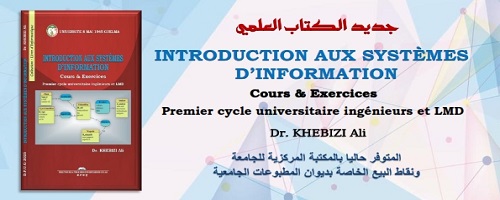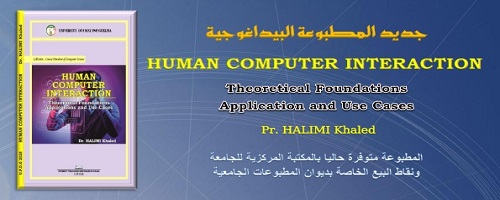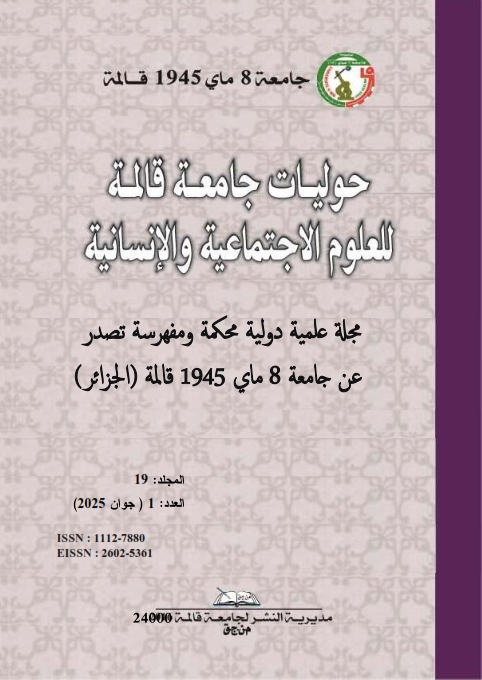مفهوم الحدس ودوره في تأسيس المعرفة عند القدّيس "أوغسطين"
مجلد15-العدد1-جوان2021
كحول سعودي
عرف "القدّيس أوغسطين" تحولاً جذريًا في مساره الفلسفي بعد اعتناقه المسيحية وانتقاله إلى الأفلاطونية، مع انتقاده للمذاهب المانوية والأكاديمية الجديدة التي كان تلميذًا وفيًّا لها لأنّ الفكر الأوغسطيني غير منفصل عن حياته. وبالتالي فقد جعل البحث عن اليقين الثابت محور تأملاته ودراساته، يُبرز لنا فيها مفهومه للحقيقة ومنزلة الحدس لديه.
ورغم اعتباره الحدس ديني بالدرجة الأولى إلا أن "أوغسطين" لا ينفي علاقته الضرورية بالحواس وبالعقل، وصولا إلى القول بأن كل حقيقة فلسفية يوحيها الله للإنسان فهي هبة تحصل بواسطة سلطة إلهية ناتجة عن مشاركة النفس العاقلة في الحقيقة الأزلية.
كلمات مفتاحية: الحدس، الحدس الصوفي، الحس، العقل، الإيمان، الحقيقة الأزلية.
Le concept d'intuition et son rôle dans l'établissement des connaissances
de saint augustin.
Saint Augustin a vu une transformation radicale de son chemin philosophique après sa conversion au christianisme et sa transition vers le platonisme, tout en critiquant les nouvelles écoles manichéennes et académiques pour lesquelles il était un étudiant fidèle parce que la pensée augustine n'était pas séparée de sa vie. En conséquence, il a fait de la recherche de la certitude constante le centre de ses réflexions et de ses études, lui mettant en évidence sa conception de la vérité et le statut de son intuition.
Bien qu'il soit considéré avant tout comme une intuition religieuse, "Augustin" ne nie pas sa relation nécessaire avec les sens et l'esprit, jusqu'à dire que chaque fait philosophique que Dieu révèle à l'homme est un don obtenu par l'autorité divine résultant de la participation de l'âme rationnelle à la vérité éternelle.
Mots-Clés: intuition, intuition mystique, sens, raison, foi, vérité éternelle.
Saint Augustine saw a radical transformation of his philosophical path after his conversion to Christianity and his transition to Platonism, while criticizing the new Manichaean and academic schools for which he was a loyal student because Augustine thought was not separated from his life. Consequently, he made the search for constant certainty the center of his reflections and his studies, highlighting his conception of truth and the status of his intuition.
Although he is considered above all as a religious intuition, "Augustine" does not deny his necessary relation with the senses and the spirit, to the point of saying that each philosophical fact that God reveals to man is a gift obtained by divine authority resulting from the participation of the rational soul in eternal truth.
Keywords: intuition, mystical intuition, sense, reason, faith, eternal truth.




